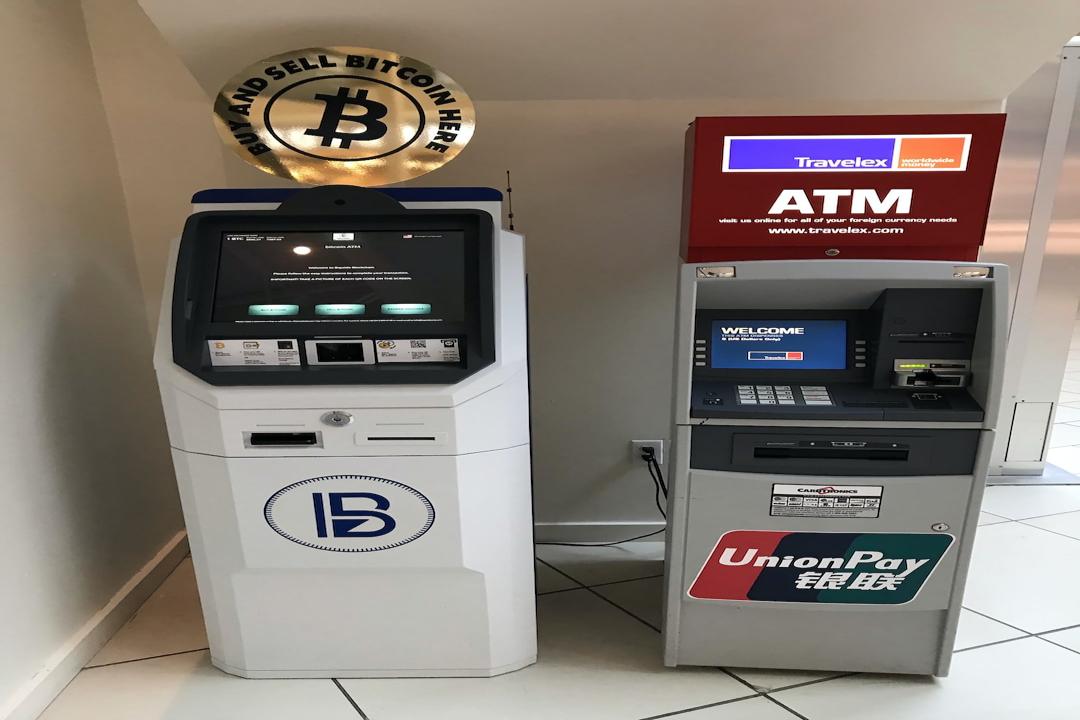IOTA Identity 1.1 has been launched, introducing a range of new features that provide users with greater control over their digital identity and enhance data integrity. This latest version builds upon the success of IOTA Identity 1.0, which was released in November last year. By offering selective disclosure credentials, IOTA Identity 1.1 positions itself at the forefront of the decentralized internet, as digital identity forms the foundation of the Web3 revolution.
IOTA Identity 1.1 represents the latest iteration of the decentralized identity (DID) and associated library on the IOTA network. Serving as an upgrade to IOTA Identity 1.0, which initially ran on the Shimmer staging network, this new release incorporates several significant enhancements. Notably, it introduces support for the Self-Describing JSON Web Token (SD-JWT), a JWT created by the issuer that facilitates selective disclosure. Unlike traditional methods where all claims are released to every verifier, users can now share only a subset of the claims in the original token. This capability enables users to disclose only the minimum details required for a specific transaction, thereby preserving privacy and security in an era where digital identities hold increasing value.
The integration of SD-JWT within IOTA Identity 1.1 offers numerous applications. For example, users can prove to verifiers that they possess sufficient funds in their wallet for a transaction without revealing the exact amount of money held. This selective disclosure feature enhances privacy and security for DID users.
Furthermore, IOTA Identity 1.1 includes support for StatusList2021. This feature provides a high-performance mechanism for publishing status information, enabling verifiers to seamlessly check whether a user’s verifiable credentials have been suspended or revoked. Additionally, StatusList2021 offers users a simple and secure way to revoke compromised credentials.
IOTA Identity serves as the gateway to Web3 and was initially launched in 2018. Leveraging the unique capabilities of IOTA, this identity solution integrates digital identities into existing or new decentralized applications. Over the years, the development team at IOTA has continuously improved the identity solution, including its interaction with non-fungible tokens.
The launch of IOTA Identity 1.0 introduced new features, such as the ability for alias outputs to control other alias outputs. This feature allows one identity to govern another, such as a large company controlling a subsidiary’s identity. Additionally, alias outputs gained the capability to hold, send, and receive tokens, enabling users to send tokens to a DID without needing the recipient’s wallet address.
In conclusion, IOTA Identity 1.1 represents a significant step forward in providing users with greater control over their digital identity and enhancing data integrity. With its selective disclosure credentials and support for StatusList2021, IOTA Identity positions itself as a leader in the decentralized internet, offering enhanced privacy and security for users in an era of increasingly valuable digital identities.


